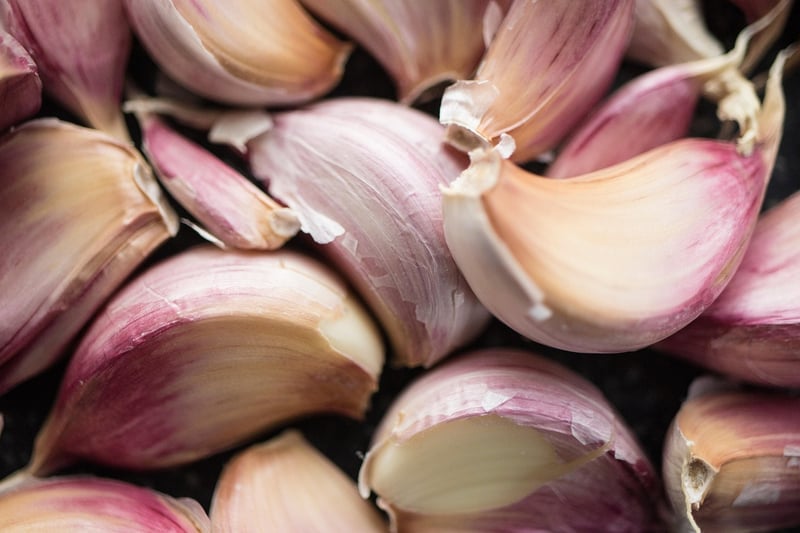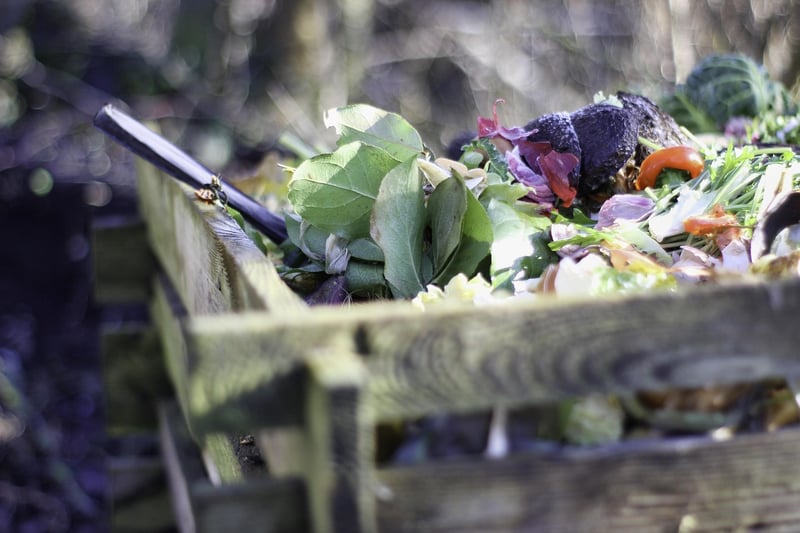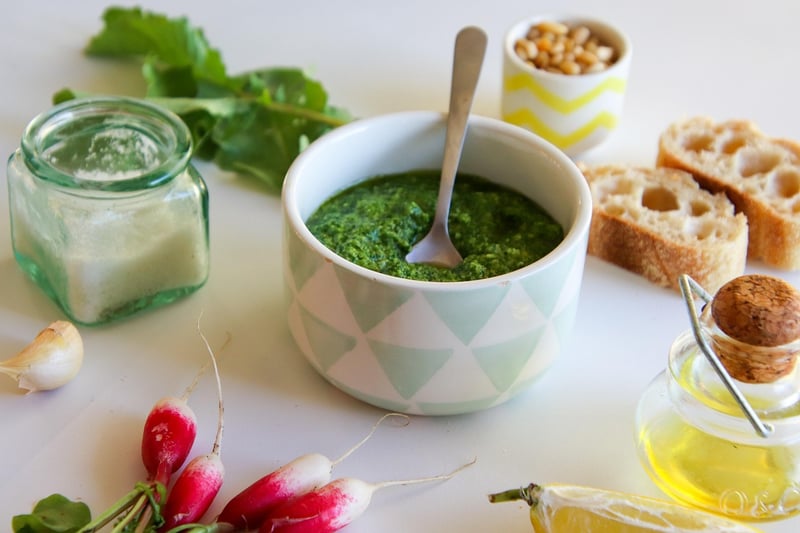Zero-Waste Cooking
Stay Updated on Culinary Innovations + Zero-Waste Cooking
In the dynamic world of culinary arts, staying abreast of the latest innovations and trends is essential for any food enthusiast or professional. From cutting-edge cooking techniques to sustainable practices like zero-waste cooking, there's always something new to learn and explore. Let's delve into the exciting realm of culinary innovations and zero-waste cooking.
Culinary Innovations
As food culture evolves, so do the techniques and technologies used in the kitchen. Chefs and food scientists continually push boundaries to create unique flavors, textures, and experiences. Stay updated on culinary innovations by exploring the following trends:
- Molecular Gastronomy: Explore the science behind cooking and experiment with techniques like spherification, foams, and gels.
- Plant-Based Cuisine: Discover the creative ways chefs are incorporating plant-based ingredients into their dishes to cater to the growing demand for vegetarian and vegan options.
- Fusion Cooking: Embrace the fusion of different culinary traditions to create exciting flavor combinations that celebrate diversity.
- Food Pairing: Learn about the art of pairing food and drinks to enhance the dining experience and elevate flavors.
Zero-Waste Cooking
Zero-waste cooking is a sustainable approach to food preparation that minimizes food waste and maximizes the use of ingredients. By adopting zero-waste practices in the kitchen, you can reduce your environmental impact and create delicious meals with a focus on sustainability. Here are some tips for embracing zero-waste cooking:
- Use Food Scraps: Repurpose vegetable peels, stems, and leftovers to create stocks, soups, and sauces.
- Plan Meals Wisely: Create meal plans based on ingredients you already have to avoid excess shopping and food waste.
- Compost: Start a compost bin for organic waste like fruit and vegetable scraps to enrich your garden soil.
- Preserve Foods: Learn preservation techniques like pickling, fermenting, and drying to extend the shelf life of ingredients.
By staying informed about culinary innovations and embracing zero-waste cooking practices, you can elevate your culinary skills while contributing to a more sustainable food system. Explore new recipes, experiment with ingredients, and share your creations with others to inspire a culture of innovation and sustainability in the kitchen.


